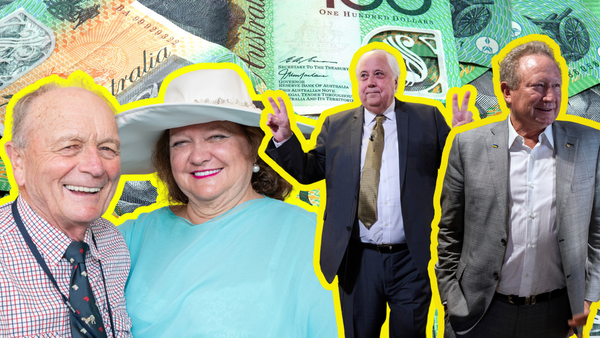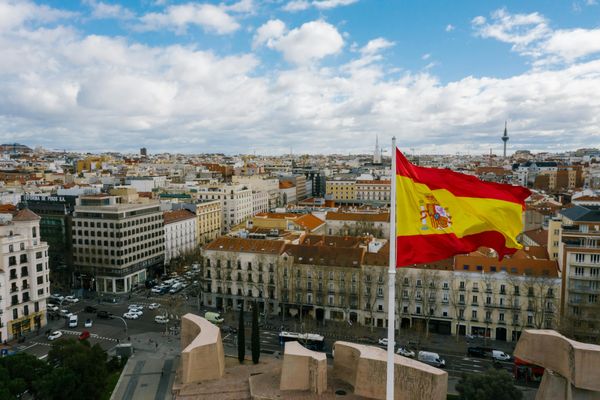
An Australian millennial working tirelessly across three jobs has sparked debate after declaring that earning £35,000 (£67,000 AUD) annually feels like living just above the poverty line. Chris Booy, who juggles multiple roles to make ends meet, has shared his frustrations about the cost of living crisis gripping the nation.
Struggling Despite Hard Work
Chris Booy, in his 30s and residing on the Sunshine Coast, works as an insurance professional, a DoorDash and Uber Eats driver, and a content creator. Despite clocking in an exhausting 60 hours weekly, Booy says he barely manages to stay afloat. "I've never earned more money, but I've never felt more broke," he lamented in a recent video.
He questioned whether Australians can ever truly "get ahead" or if merely surviving has become the norm. Reflecting on his circumstances, Booy said something is fundamentally wrong when hardworking individuals are unable to thrive in what was once considered the land of opportunity.
The Reality of Living Costs in Australia
Booy's situation is not unique. According to UpMove, the average cost of living for a single adult outside major cities is approximately £2,590 (£5,105 AUD) per month. This equates to an annual income of between £35,518 and £40,592 (£70,000 to £80,000 AUD) to maintain a comfortable lifestyle. For those earning less, like Booy, financial strain is inevitable.
He recalled earning £20,263 (£40,000 AUD) a decade ago while working a single job and finding life significantly more affordable. Today, despite his higher income, essentials such as rent, bills, and groceries consume most of his earnings.
Homeownership: A Distant Dream
One of Booy's biggest grievances is the increasing difficulty of homeownership. The average cost of a home in Australia now stands at £486,600 (£959,000 AUD), while in Sydney, prices soar to £825,865 (£1.6 million AUD). Larger deposits and decades-long mortgages mean that for many, buying property is no longer feasible.
"Owning a home is completely unrealistic," Booy said. He highlighted how rising costs and stagnant wages have eroded the quality of life for average Australians, leaving many struggling paycheck to paycheck.
The Government's Role in the Crisis
Booy criticised the Australian government for its spending priorities, pointing to a £304 million (£600 million AUD) deal to help Papua New Guinea establish a National Rugby League team and the £186 billion (£368 billion AUD) submarine agreement with the United States and the United Kingdom. These expenditures, he argued, could have been better allocated to local housing initiatives and cost-of-living relief.
Former Prime Minister Paul Keating also criticised the submarine deal, calling it a wasteful use of taxpayers' money during a time when Australians are struggling financially.
The Opposition's Promises
Peter Dutton, leader of the Liberal Party, has promised reforms to address the housing and living cost crises. His party has proposed measures such as banning foreign investors from purchasing existing homes, reducing migration by 25% over two years, and investing £2.5 billion (£5 billion AUD) into housing infrastructure.
With elections set for 17 May, Booy's plight mirrors the frustrations of many Australians who hope for meaningful change. As voters prepare to head to the polls, the demand for practical solutions to the cost-of-living crisis grows louder.
A Cry for Change
Booy's story resonates with countless Australians who find themselves working tirelessly without seeing tangible rewards. His experiences highlight the urgent need for reforms that address rising costs, stagnant wages, and housing unaffordability.
For many, reclaiming the Australian dream now hinges on electing leaders committed to sustainable policies and prioritising the wellbeing of everyday citizens.










